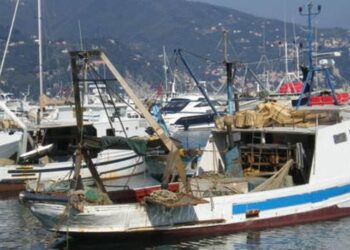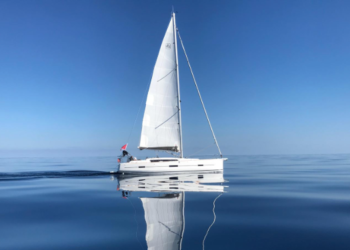Victory Farms: Developing sustainable aquaculture on Lake Victoria – Lake Victoria is the second largest freshwater lake in the world, bordering Kenya, Uganda and Tanzania. With almost 40 million people living nearby, the lake’s fisheries are an essential source of food and income for a significant number of East Africans. However, the introduction of invasive species and severe pollution have had a significant impact on Lake Victoria’s ecology and reduced its fisheries production, jeopardising the livelihoods and food security of its residents. Between 2016 and 2020, around 10,000 fishermen stopped fishing in Lake Victoria, and the number of fishing boats and nets also showed a general downward trend. As a result, more work is needed to consolidate aquaculture in Lake Victoria.
Troubled waters of Lake Victoria
Lake Victoria has always been home to a highly diverse ecosystem of freshwater species, many of which are found exclusively there. Only 21.8% of Lake Victoria’s fish species are found elsewhere in the world. However, this ecosystem is very fragile and under threat for a number of reasons.
To begin with, several invasive foreign species have damaged the local ecosystem. The Nile perch was introduced to Lake Victoria in the 1950s with the intention of boosting fish production, but it quickly disrupted the lake’s entire food chain and drove local cichlid species to near extinction.
The water hyacinth is another invasive species that is having a very negative impact on the ecosystem and livelihoods of Lake Victoria’s inhabitants. The inhabitants believe that European settlers brought it here as a decorative plant because of the beauty of its flowers. However, it is also capable of growing rapidly and covering a large area of water in a short space of time. Not only does this disrupt boat traffic, but the plant also depletes the oxygen in the water and prevents sunlight from reaching the lake.
Pollution is another major threat to Lake Victoria’s ecosystem. Untreated sewage, industrial waste and unsustainable land development all contribute to the degradation of water quality, which also exacerbates other problems such as the growth of the aforementioned water hyacinth.
Victory Farms
Victory Farms is a Kenya-based aquaculture startup that aims to develop sustainable fish farms in Lake Victoria. Its mission statement, according to its website, is to
“tackle the challenges of rapidly declining wild fish catches in Lake Victoria, increasing populations and undernourishment… while striving to become the most sustainable fish farm on the planet”.
The start-up produces tilapia, a popular fish in the aquaculture industry. Because of its omnivorous diet, rapid growth and resilience, it can thrive in a wide range of environments and is well suited to fish farms. Victory Farms uses only native species of tilapia from government-certified hatcheries.
It also maintains a cold chain distribution network for its fish with a total of 84 shops across Kenya from 2023, providing reliable access to tilapia for Kenyans. Kenyan President William Ruto has also recognised Victory Farms as “the fastest growing aquaculture company” in sub-Saharan Africa.
Looking forward
The importance of Lake Victoria to the livelihoods of East Africans makes it crucial that efforts to promote sustainable aquaculture continue. The lake’s ecosystem must be preserved if the fishing industry is to continue to thrive, and Victory Farms’ approach is a step in the right direction.
Victory Farms: Developing sustainable aquaculture on Lake Victoria









